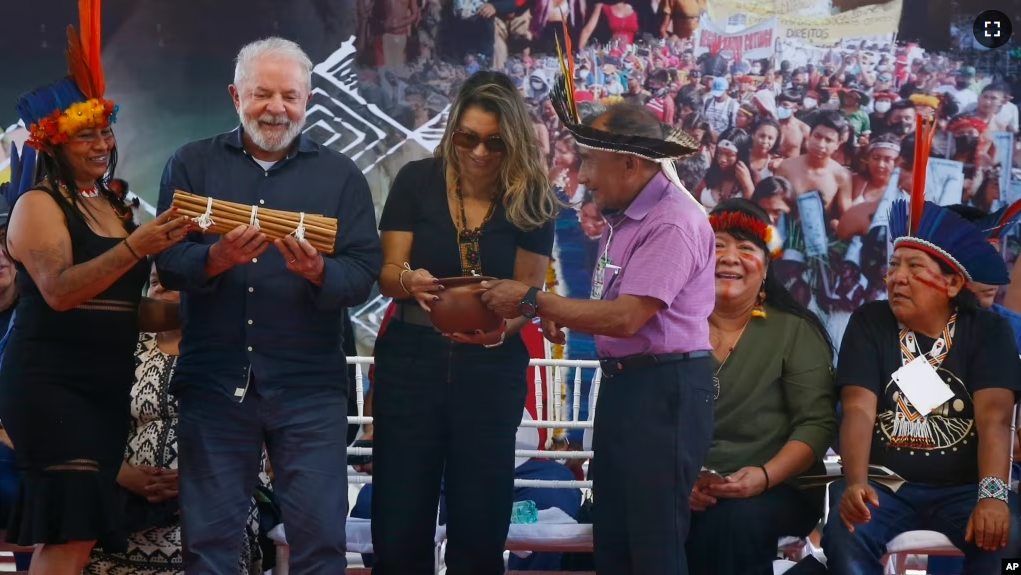Brazilian President Luiz Inácio Lula da Silva has expressed support for creating new territories for the country’s Indigenous communities.
Lula spoke about the subject during his first trip to Indigenous land since taking office in January. About 2,000 Indigenous people welcomed him recently to the Raposa Serra do Sol area in Brazil’s Amazon rainforest. The area is in Brazil’s north near Venezuela.
Lula told the group his goal is to quickly get recognition of new territories for Indigenous communities “before other people take over and invent false documents” to claim ownership rights.
“We need to quickly try to legalize every land whose studies are almost finished so the Indigenous can take the land that is theirs,” Lula said.
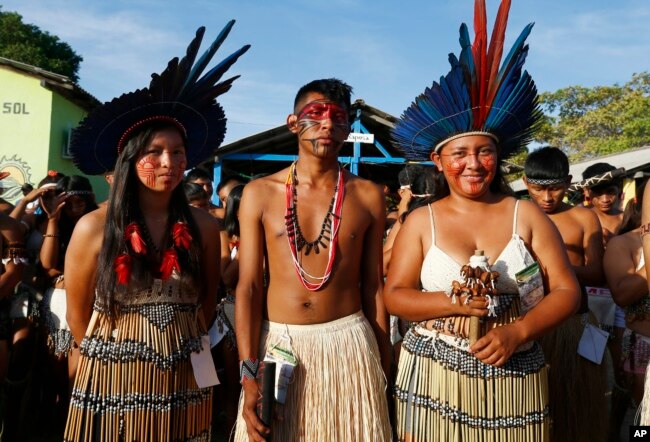
Lula did not announce new declarations – also called demarcations – that Indigenous people and activists have been demanding. They wanted new demarcations to be created in the first 30 days of Lula’s administration, which began on January 1.
Rights groups have been pressuring Lula to demarcate 13 new Indigenous territories that have already been cleared by the government. Doing so would mark a sharp change in policy from the administration of former President Jair Bolsonaro. Bolsonaro did not demarcate any new land for Indigenous groups during his presidency.
Some of the territories awaiting presidential approval began their demarcation processes many years ago.
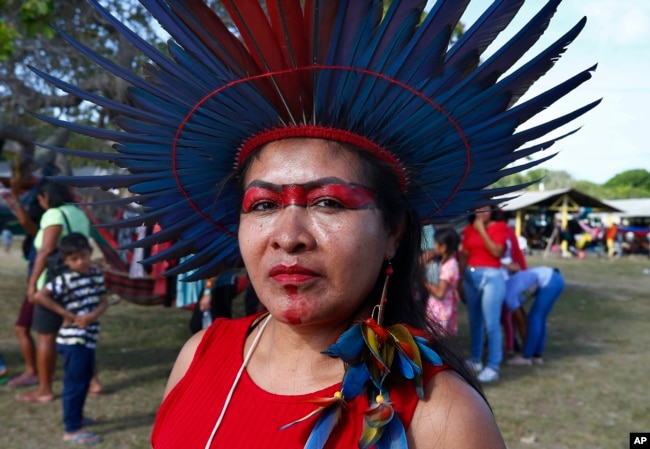
Lula gave final approval to the demarcation of Raposa Serra do Sol in 2005, during his first term as president. The area is home to 26,000 people who are made up of five ethnic groups.
Since the area was established, there has been conflict in Raposa Serra do Sol between rice farmers and Indigenous people. Sometimes the conflict has led to violence.
Bolsonaro pushed to legalize mining in Indigenous territories. This led to new arguments in long-standing disputes between Raposa Serra do Sol’s local groups. Bolsonaro visited an illegal gold mining camp in the same territory in October 2021 and reportedly supported the activity there. His visit was criticized by local Indigenous leaders.
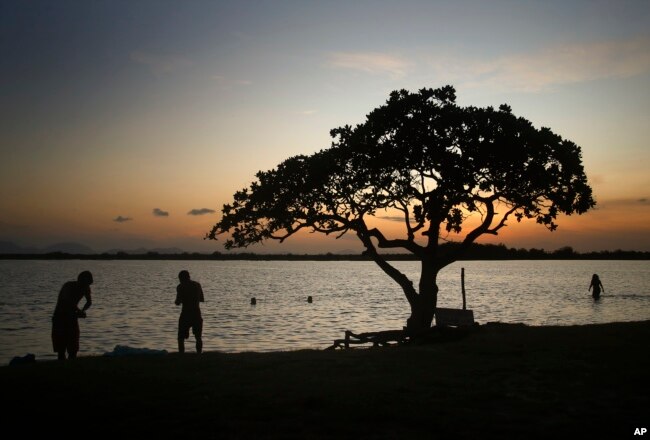
Leaders of the main Indigenous communities told The Associated Press they expect more support under Lula’s presidency. In his speech, Lula said his administration will expel gold miners from Indigenous lands. The administration has already begun doing that in the Yanomami Indigenous territory.
“That gold doesn’t belong to anyone,” Lula said. “It’s there because nature placed it there. It’s on Indigenous land.”
Davi Kopenawa leads the Yanomami Indigenous group. He spoke at the gathering, telling Lula that his people’s needs are greater than they were four years ago. He said, “Mining kills us, it kills people in the city, the river, the water of the forest.”
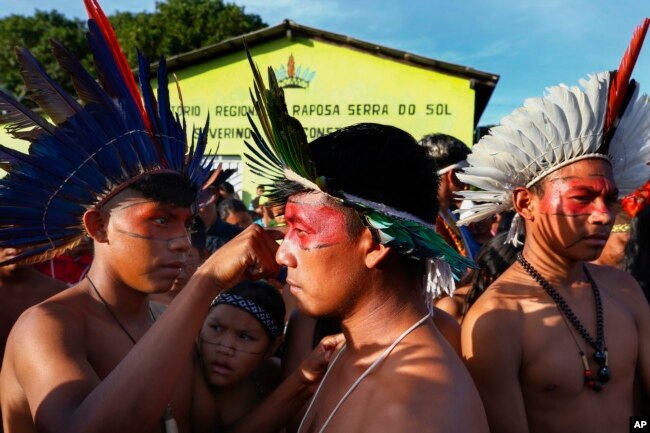
Kopenawa said that after gold miners are removed, the area’s Indigenous health care system needs to be rebuilt. “We need to save the children we have left. I don’t want more children dying. We need hospitals in our community. Disease is still strong in the Amazon.”
Lula also said there would be a meeting involving leaders of countries of the Amazon rainforest: Bolivia, Colombia, Ecuador, Peru and Venezuela.
I’m Caty Weaver.
The Associated Press reported this story. Bryan Lynn adapted the report for VOA Learning English.
________________________________________________________________
Words in This Story
indigenous – adj. having always lived or existed in a place
